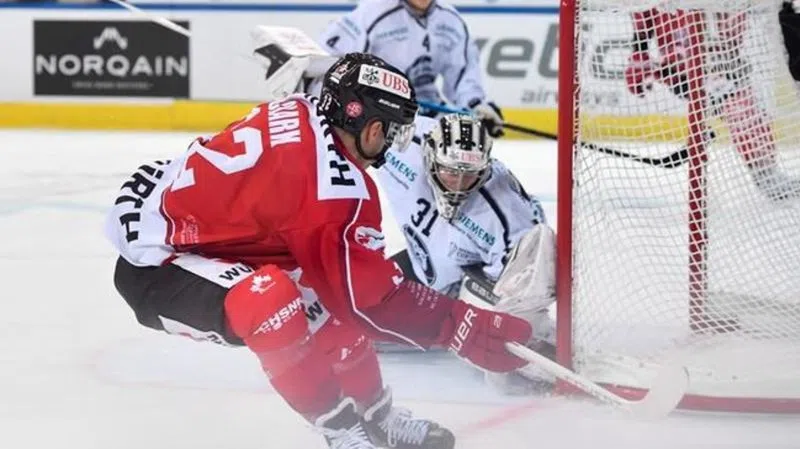
Like a fine wine: Winnipeg native’s European hockey journey pays off
One of Kevin Clark’s theories as to why he performed so brilliantly for Canada at the Spengler Cup last month and why he has enjoyed some of his best hockey at age 32 is the fact he became a father last summer.
The diminutive but energetic forward from Winnipeg led the prestigious tournament with six goals and eight points in four games for general manager Sean Burke’s side on its run to a record 16th championship in Davos, Switzerland.
“You listen to different teammates talk over the years,” the five-foot-eight, 170-pound Clark said. “Some said when you have a family, or you’re engaged to be married, they’re in love, and their game gets better.
“I have a five-month-old daughter, and maybe that’s part of it.”


